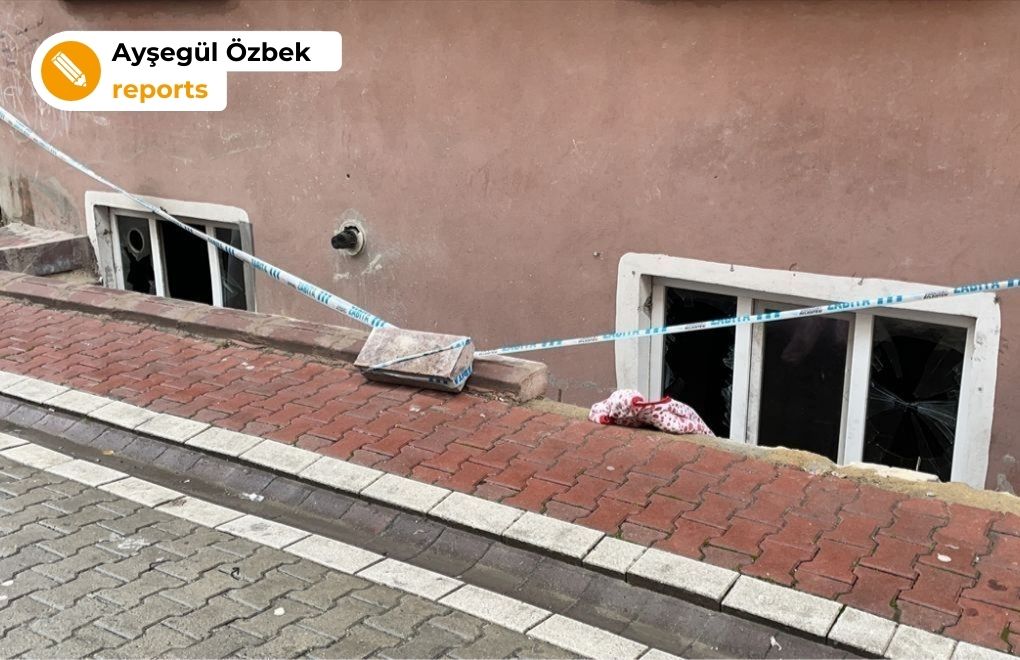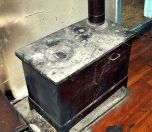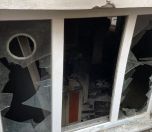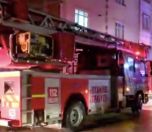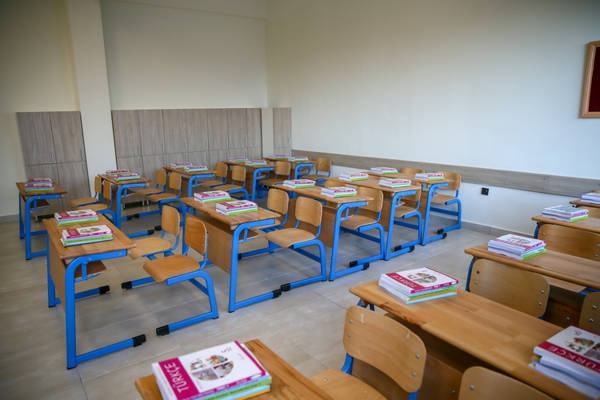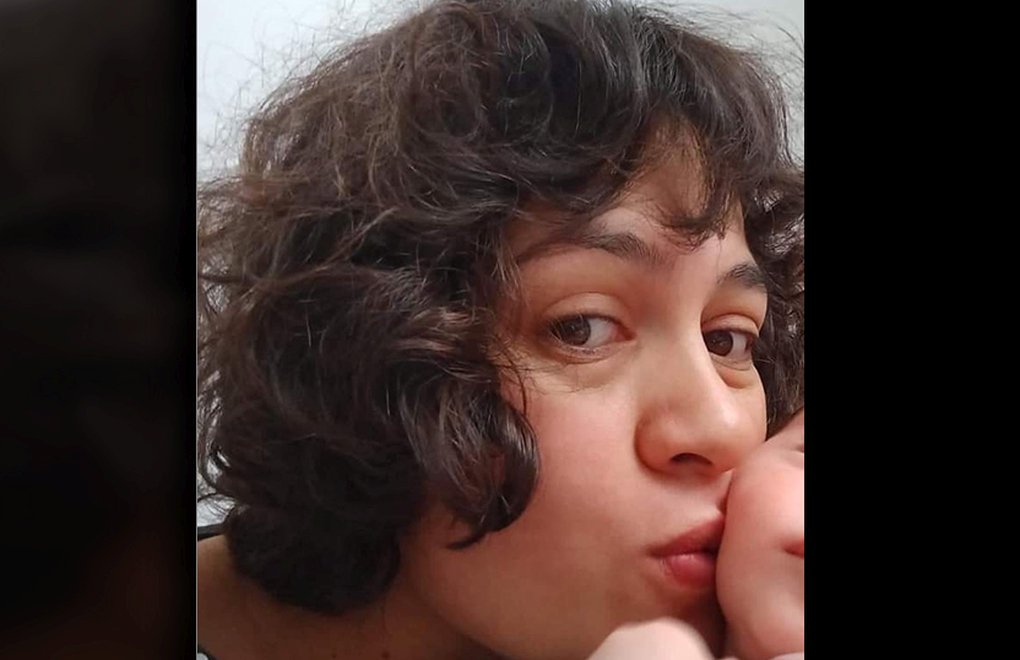* Photo: Anadolu Agency (AA)
Click to read the article in Turkish
"Poverty, coupled with migration, leaves children in a much more vulnerable position in the face of violations of rights," says Selen Yüksel from the Deep Poverty Network, speaking about the fire that claimed the lives of four children in a basement floor in İstanbul yesterday (December 14).
The news of children burned to death and one child severely injured has once again made poverty, migration and children's rights visible.
'Fatalism is wrong'
Selen Yüksel underlines that instead of approaching this incident from a fatalist point of view and seeing it as an unfortunate incident, we need to see that the death of these four children could have been prevented and that this incident was a violation of children's rights.
The Deep Poverty Network team has been working and doing field research in the poor neighborhoods of İstanbul, the most populous city of Turkey; they are in constant contact with families.
Yüksel first approaches it in terms of children's rights:
'Family couldn't be protected from poverty'
"The Article 6 of the Convention on the Rights of the Child, which Turkey is a party to, recognizes every child's inherent right to life and says: 'States Parties shall ensure to the maximum extent possible the survival and development of the child.' And Article 27 says that every child has a right to a standard of living adequate for her or his development.
"When poverty gets deeper, we see that several children are unable to access the rights necessary for an adequate standard of living such as healthy nutrition, a safe house, heating and medical needs.
"The fact that a family gets warm by an electric heater because they cannot pay the natural gas bill shows poverty and the failure to protect this family from poverty. And the fact that four children have lost their lives as a result of the violation of these rights indicates that the ones responsible for protecting these rights have failed to fulfil their responsibilities.
"It is also reported in the press that the deceased children were migrants. Poverty, coupled with migration, leaves children in a much more vulnerable position in the face of violations of rights."
But how problematic is heating for children, especially families with children, in winter months? What do families and children go through? What solutions can they find? Or can they find any solutions at all?
'This winter, they have more hardships'
Selen Yüksel answers these questions as follows:
"In 2021, 92 percent of the households that are a part of the Deep Poverty Network get warm by using heating stoves. We observe that this winter, families have much more difficulties in getting warm. As they cannot buy something to burn in the stoves, we receive more phone calls.
"The households that we follow say that the coal distributed by the sub-governor's office doesn't burn and they are having difficulty in finding something to burn. They say that when they cannot find anything to burn for getting warm, they use the waste that they can find, which brings about the risk that their respiratory system suffers long-term damage and a risk of fire and poisoning in the short term. Some families keep on using old and defective heating stoves because they cannot buy a new one.
"They cannot benefit from the stoves distributed by the sub-governor's office once in two years because it has not yet been two years since the previous support and that their residential address is not where they live because they live in tents/ under a bender, which leads them to use the defective heaters, thereby being exposed to a life risk.
'Electricity cut in a house of child on respirator'
"We see that not only heating, the access to electricity and water is also a huge burden on families. We hear the despair of the families as they have been unable to pay the electricity and water bills for months. Electricity and water are also important conditions for an adequate standard of living. Electricity was cut in the house of a child who should use a breathing machine. It is also another problem that might have vital effects.
"Similarly, access to clean water is also a vital issue and a human right. As families usually use the tap water as drinking water, cutting their water means that they cannot access hygiene or their basic right to water.
There is also a psychological burden caused by the notifications sent to the houses of the families who cannot pay their bills by the water and electricity companies. Access to water and electricity, which is vital especially during the pandemic, must be addressed and discussed again within the context of fundamental human rights.
What happened?
A fire that broke out in the basement floor of a three-storey building claimed the lives of four children in İstanbul's Esenyurt district.
The mother and her one child, who were rescued from the flames at the last minute, have been hospitalized.
The fire broke out at around 2 am. Seeing the flames, the ones in the neighborhood called the fire brigade teams.
Arriving at the scene of the incident, firefighters put out the fire and found the deceased bodies of four children.
As reported by NTV news channel, Fatma Hammud from Syria, who has been rescued from the fire, is the mother of the four deceased children aged 1, 3, 7 and 9. The children's father is reportedly in prison.
According to this news report, the fire broke out due to the electric heater. The channel has reported that the family was using the electric heater because they were unable to pay the natural gas bill.
The Governor's Office of İstanbul has announced that an administrative and legal investigation has been launched into the incident. (AÖ/SD)





